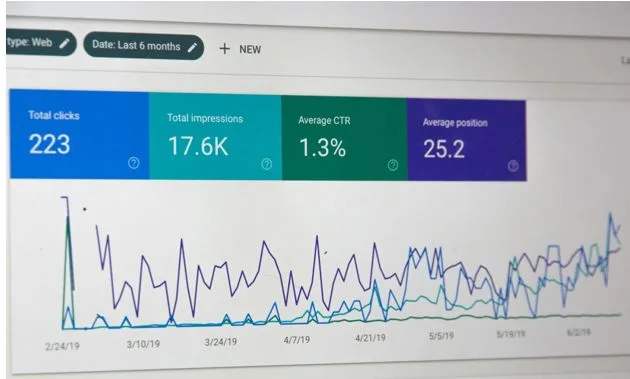10 Common Mistakes to Avoid in Event Management
Event management is both exciting and challenging. Whether it’s a corporate gathering, a wedding, or a product launch, every detail matters. Many people assume organizing an event is just about booking a venue and arranging food, but in reality, it’s much more complex. That’s why so many businesses and individuals choose to work with a professional Event Management Company. They know how to avoid costly mistakes and make sure everything runs smoothly. If you’re handling things yourself, here are ten common mistakes you should avoid for a successful event.
1. Skipping Clear Objectives
One of the most frequent mistakes is planning an event without clear goals. Do you want to generate sales leads, celebrate an achievement, or simply create a networking opportunity? Without defined objectives, you’ll waste time, energy, and money. Always start by identifying the purpose of your event and shape the planning process around that goal.
2. Poor Budgeting
Budget issues can ruin an event before it even begins. Overspending on one area (like décor) while underestimating essentials (like catering or AV equipment) can throw everything off balance. A smart approach is to create a detailed budget that covers all aspects, including hidden costs such as overtime, permits, or last-minute changes. Keep a buffer fund for emergencies—because something unexpected almost always comes up.
3. Choosing the Wrong Venue
The venue sets the tone of your event. A trendy location might look good on Instagram, but if it doesn’t fit your audience size, has limited parking, or lacks proper facilities, you’ll end up with unhappy guests. Always consider capacity, location, accessibility, and available amenities when choosing a venue. A great space should complement the type of event you’re hosting.
4. Leaving Everything to the Last Minute
Rushed planning is a recipe for disaster. Big events often require months of preparation. From booking vendors to confirming logistics, everything should be done well in advance. Last-minute decisions often lead to higher costs and unnecessary stress. The earlier you start, the smoother your event will run.
5. Weak Communication
Event management involves multiple people—vendors, staff, sponsors, and guests. If communication isn’t clear, confusion and mistakes are inevitable. Use project management tools, regular check-ins, and clear instructions to ensure everyone knows their role. Good communication reduces errors and keeps the event on track.
6. Forgetting the Guest Experience
Event organizers sometimes focus too much on logistics and overlook the attendee experience. Your guests should feel valued from the moment they register until the time they leave. Comfortable seating, smooth check-in, engaging activities, and quality food all contribute to a memorable experience. Remember: happy guests make for a successful event.
7. Overlooking Technology
We live in a digital age, and technology can make or break your event. Online ticketing, event apps, digital sign-ins, live streaming, and interactive screens can boost engagement and simplify management. Ignoring these tools may result in lower attendance, reduced engagement, and wasted opportunities.
8. Neglecting Marketing Efforts
You can plan the most amazing event, but if people don’t know about it, attendance will suffer. Start marketing early through social media, email campaigns, and partnerships with influencers or local businesses. Use teasers, countdowns, and early-bird offers to create buzz. A strong marketing plan ensures you get the right audience in the room.
9. Not Having a Backup Plan
Things don’t always go as planned—equipment may fail, speakers may cancel, or the weather might turn against you. That’s why a backup plan is essential. Always have alternative vendors, extra equipment, and contingency options in place. It’s better to be overprepared than caught off guard.
10. Trying to Do Everything Alone
One of the biggest mistakes is attempting to manage everything yourself. Event planning requires time, resources, and expertise. For small gatherings, you might be able to handle it, but larger events need professional support. Partnering with an experienced Event Management Company not only reduces your stress but also ensures that every detail is handled with precision. They bring the expertise, vendor connections, and creativity needed to make your event a success.
Final Thoughts
Event management is about creating an experience, not just organizing logistics. Avoiding these common mistakes can save you money, reduce stress, and help deliver an event that people remember for all the right reasons. Always define your goals, manage your budget wisely, focus on guest experience, and use technology to your advantage. And if the process feels overwhelming, don’t hesitate to hire a trusted Event Management Company. With their knowledge and support, you can focus on enjoying the event while they take care of the hard work.




